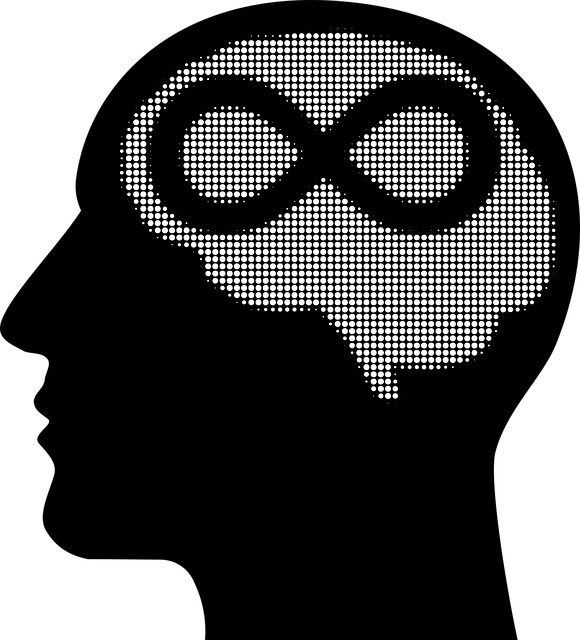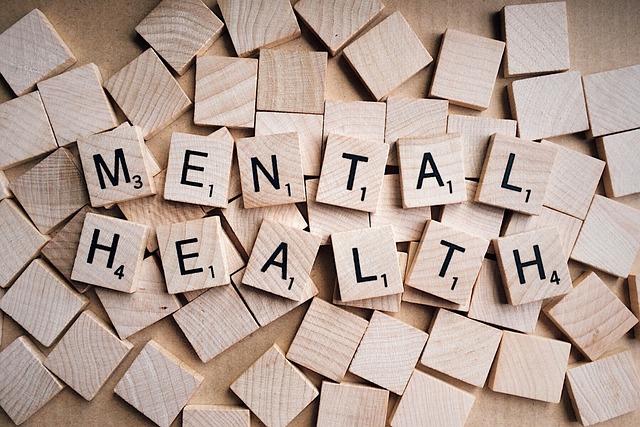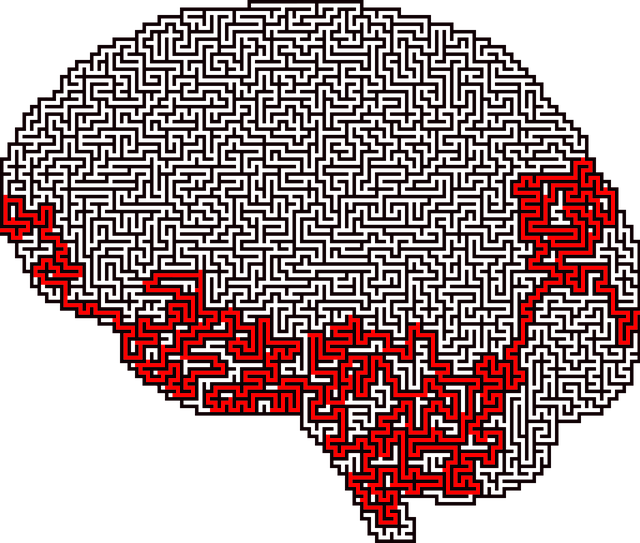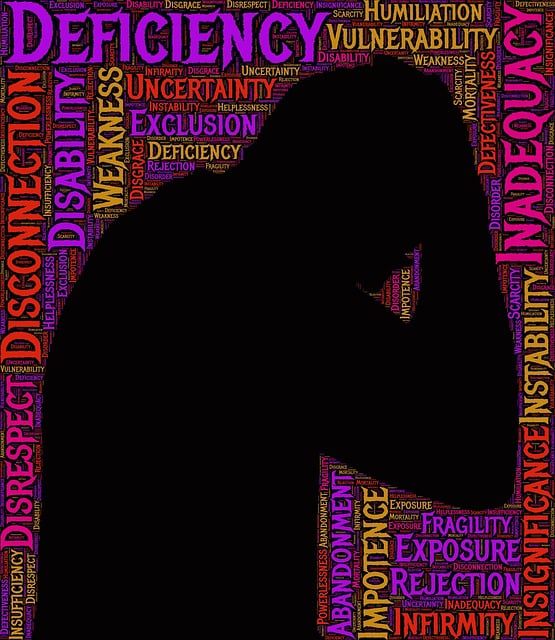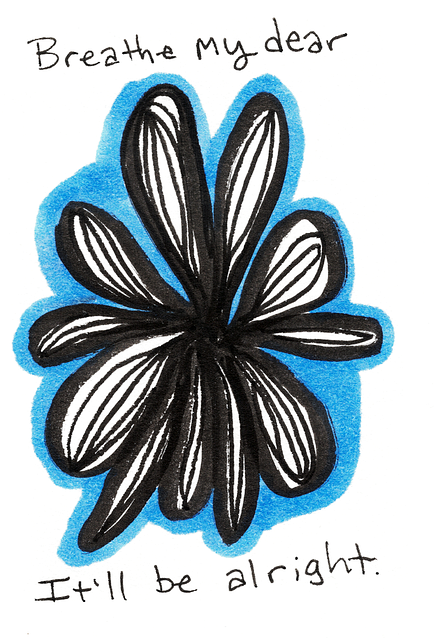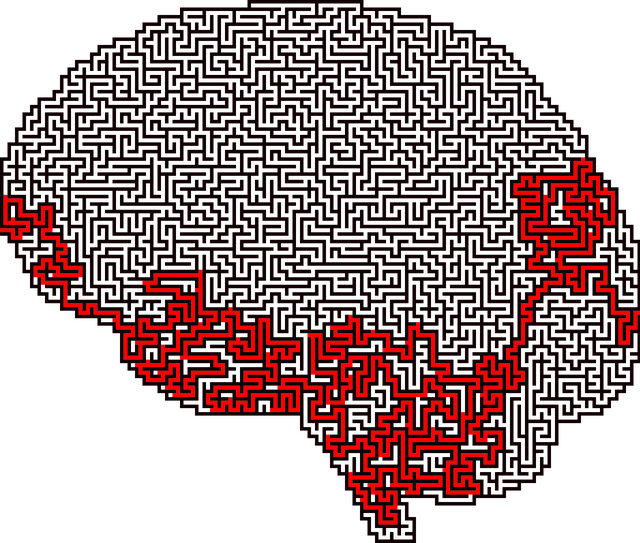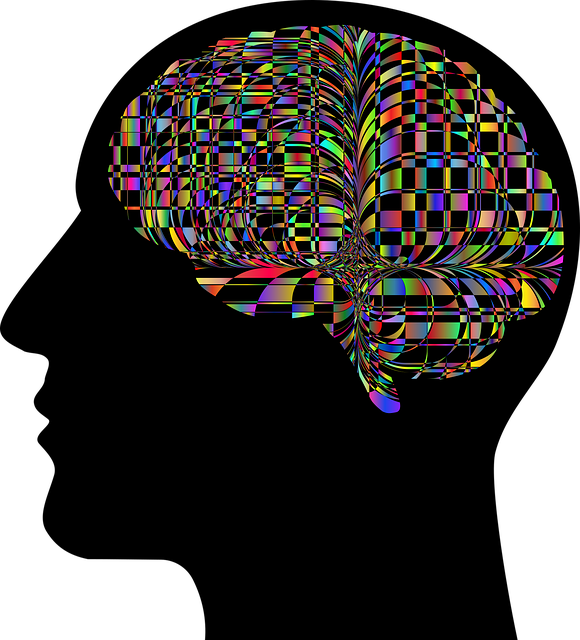Mental wellness apps are gaining popularity as accessible and private solutions for managing stress and anxiety, with Greenwood Village Gambling Therapy leading the way in targeted interventions. This app addresses gambling addiction through a multi-faceted approach combining counseling, education, and digital tools like an app and podcast series. Effective mental wellness apps cater to diverse user needs, offering tailored features such as anxiety relief exercises and social connection elements, ensuring accessibility for various mental health challenges. The development process involves understanding target audiences, conceptualizing features, market research, design, coding, testing, and strategic marketing to stand out in a competitive market while providing valuable resources for improved mental health management.
In today’s digital age, mental wellness apps are transforming access to care. As acknowledged by Greenwood Village Gambling Therapy—a leading example of targeted interventions—digital solutions play a crucial role in addressing mental health challenges. This article explores the booming landscape of mental wellness app development, highlighting key features and effective strategies. We delve into the process from concept to launch, providing insights on marketing and user engagement techniques that resonate with diverse audiences, including those who benefit from specialized treatments like Greenwood Village Gambling Therapy.
- Understanding Mental Health and the Need for Digital Solutions
- Greenwood Village Gambling Therapy: A Case Study in Targeted Interventions
- Key Features to Consider for Effective Mental Wellness Apps
- Development Process: From Concept to Launch
- Marketing and User Engagement Strategies for Mental Wellness Apps
Understanding Mental Health and the Need for Digital Solutions

Mental health is a vital aspect of overall well-being, encompassing our emotional, psychological, and social state. In today’s fast-paced world, where stress and anxiety are prevalent, there is an increasing need for accessible and effective support. This is where digital solutions like mental wellness apps step in as powerful tools to address these growing concerns. With the rise of remote work and changing lifestyles, many individuals seek convenient and private ways to manage their mental health, making such apps particularly relevant.
The demand for innovative approaches to therapy and self-care is evident, especially in communities like Greenwood Village where gambling therapy has gained recognition. Similar to Mindfulness Meditation and Mental Wellness Coaching Programs Development, these apps offer personalized experiences tailored to individual needs. By incorporating Self-Awareness Exercises and interactive features, they provide a discrete and engaging way to improve mental resilience and overall wellness.
Greenwood Village Gambling Therapy: A Case Study in Targeted Interventions

Greenwood Village Gambling Therapy stands out as a remarkable case study in targeted interventions for mental wellness app development. This therapeutic approach is specifically designed to address the unique challenges posed by gambling addiction, offering a specialized solution within the broader spectrum of mental health support. By focusing on this specific issue, the therapy provides crisis intervention guidance tailored to individuals struggling with compulsive gambling behaviors.
The success of Greenwood Village lies in its comprehensive strategy that integrates various elements such as counseling sessions, educational resources, and even a Mental Wellness Podcast Series Production. This multi-faceted approach ensures effective stress management by empowering users with knowledge and tools to recognize triggers, make informed choices, and ultimately regain control over their lives. Through innovative digital solutions like apps, this case study exemplifies how targeted interventions can significantly contribute to the ongoing efforts in promoting mental wellness.
Key Features to Consider for Effective Mental Wellness Apps

When developing a mental wellness app, focusing on key features that cater to diverse user needs is paramount for effectiveness. One such essential feature is incorporating tools tailored to specific mental health challenges, such as anxiety relief techniques or mindfulness exercises, allowing users to address their unique concerns directly within the app. For instance, incorporating features based on Mind Over Matter principles can empower individuals to manage stress and cultivate a positive mindset through cognitive reframing and behavioral activation.
Additionally, integrating social connection elements in mental wellness apps fosters community support, mirroring the benefits of group therapy sessions. This could involve secure chat functions, online forums, or even virtual reality features that simulate safe social interactions. These inclusive designs not only enhance user engagement but also contribute to public awareness campaigns development by normalizing conversations around mental health. Just as Greenwood Village Gambling Therapy offers specialized services, app developers should strive to create tools that cater to a wide range of mental wellness issues, ensuring accessibility and relevance for diverse users.
Development Process: From Concept to Launch

The development process for a mental wellness app, like Greenwood Village Gambling Therapy, involves a meticulous journey from initial concept to market launch. It begins with a deep understanding of the target audience’s needs and pain points related to mental health awareness and stress management. Researchers and developers collaborate to identify key features that can enhance emotional intelligence and provide effective therapy. This phase includes extensive market research, competitor analysis, and user experience (UX) design.
Once the concept is refined, the actual coding and building of the app starts. Developers create a robust framework, ensuring the app is secure and compliant with privacy regulations, especially when dealing with sensitive personal information. The design team works on an intuitive interface, keeping in mind the importance of ease of use and accessibility. Regular testing and feedback loops ensure that the app meets high-quality standards before its launch, making it a valuable tool for those seeking emotional support and improved mental health.
Marketing and User Engagement Strategies for Mental Wellness Apps

In the competitive market of mental wellness apps, successful marketing and user engagement are key to standing out. One effective strategy is to highlight the app’s unique value proposition, such as incorporating Greenwood Village Gambling Therapy techniques to address specific issues. By targeting niche concerns like gambling addiction recovery, you can attract a dedicated user base seeking specialized support. Utilize content marketing to educate potential users about the benefits of resilience building and stress reduction methods tailored to their challenges.
Leverage social media platforms to foster community engagement and share success stories related to compassion cultivation practices. User-generated content, such as testimonials and reviews, can significantly enhance credibility and encourage downloads. Additionally, partner with mental health influencers or industry experts to endorse the app, reaching a wider audience. Regular updates, gamification elements, and personalized notifications are other strategies to keep users engaged, ensuring long-term adherence to the app’s program.
Mental wellness apps are emerging as powerful tools in addressing diverse mental health concerns, offering accessible and personalized support. As evidenced by the case study of Greenwood Village Gambling Therapy, targeted interventions can significantly improve outcomes. By incorporating evidence-based practices and user-friendly features, developers can create effective apps. The development process requires careful planning, from conceptualizing tailored solutions to ensuring robust functionality. Effective marketing and user engagement strategies are vital to reaching those in need and fostering a sense of community. With continuous innovation and an emphasis on user experience, mental wellness apps have the potential to revolutionize support systems, making care more accessible and impactful.

